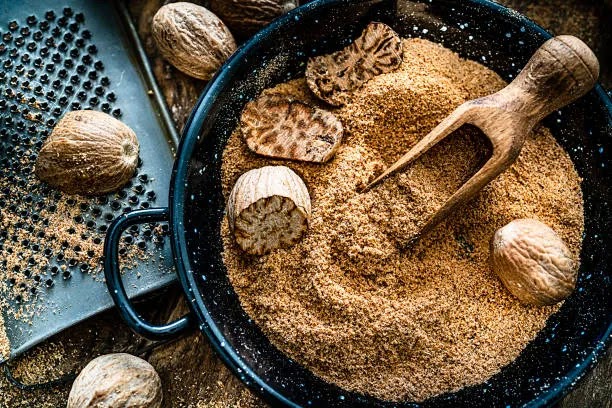These popular foods may appear to be healthy, but they could be harming your health.
Even the healthiest eaters indulge in a less-than-ideal meal now and then, whether it's a fast-food burger on the road or a piece of candy to satisfy a sweet appetite. However, it's not only the apparent junk food in your diet that could be harming you; experts say there are many harmful foods you eat daily that could be harming your body without you even recognizing it. Read on to find out which risky foods, ranging from popular proteins to "healthy" sugars, could be harming your health.
Sure, they're natural—and in some cases, organic—but that doesn't necessarily imply the wild mushrooms you found are safe to consume.
"Eating wild mushrooms that you find in nature might be quite deadly. Exotic mushroom consumption is linked to 100 deaths and thousands of hospitalizations per year, according to research "Heather Hanks, MS, an Instapot Life nutritionist, agrees.
According to Hanks, so-called "death cap mushrooms" are potentially deadly to people but look almost identical to supermarkets.
Despite their popularity in natural medicine for their alleged immune-boosting properties, elderberries may cause significant health problems in some people who ingest them.
"You can have nausea, diarrhea, and vomiting if you eat underripe or undercooked elderberries," says Chris Airey, MD, medical director at Optimal. People with autoimmune diseases and pregnant or breastfeeding women should avoid elderberries entirely.
"I advise anyone preparing homemade elderberry juice as it involves meticulous preparation from someone trained in foraging and traditional medicine," adds Airey, even if you don't have a pre-existing disease.
A pinch of nutmeg goes a long way, and too much of this spice might have negative health implications.
According to Airey, "it just takes 2 to 3 teaspoons [of nutmeg] to be lethal." "This is due to a toxin called myristicin, which can cause hallucinations, insanity, and even death."
Tuna is high in satisfying protein and anti-inflammatory omega-3 fatty acids, but excessive consumption might be harmful to your health.
"Tuna contains potentially hazardous quantities of heavy metals like mercury," says Stephanie Gatschet, MS, CNC, owner of BioVie Nutrition, a clinical nutritionist. "Eating a lot of tuna can harm your kidneys and nervous system, as well as interfere with the brain development of a developing fetus."
While tuna is still good to consume, make sure you don't overdo it and stick to the recommended portion sizes.
According to scientists, your favorite Japanese takeout meal may pose a significant health risk.
"Many fish are hosts to parasites that can pass into the human digestive tract when eaten raw, and raw fish is also a possible source of salmonella or other hazardous bacteria because it isn't cooked," Gatschet explains.
It's not just the bloody steak on your plate that could jeopardize your health; the baked potato next to it could also have dangerous bacteria.
"Botulism is a spore-forming bacteria that, if consumed, is extremely harmful. It can grow in everyday meals such as baked potatoes that haven't been properly chilled "Lisa Richards, dietitian and author of The Candida Diet, explains.
"These harmful bacteria can grow when potatoes are cooked and not allowed to cool properly in the presence of oxygen. Because clostridium botulinum (botulism) is spore-forming and heat-resistant, it cannot be eliminated during the cooking process."
However, baked potatoes aren't the only meal that can put you at risk for botulism. Honey is another potentially harmful food containing botulinum.
"Because of the minimal number of procedures, it goes through from its natural form, honey can include bacterium spores," explains Richards. "Botulism spores can be found among these bacteria present in honey," she continues, noting that this is why doctors advise caretakers not to provide honey to infants, whose immune systems usually are weaker than adults'.








